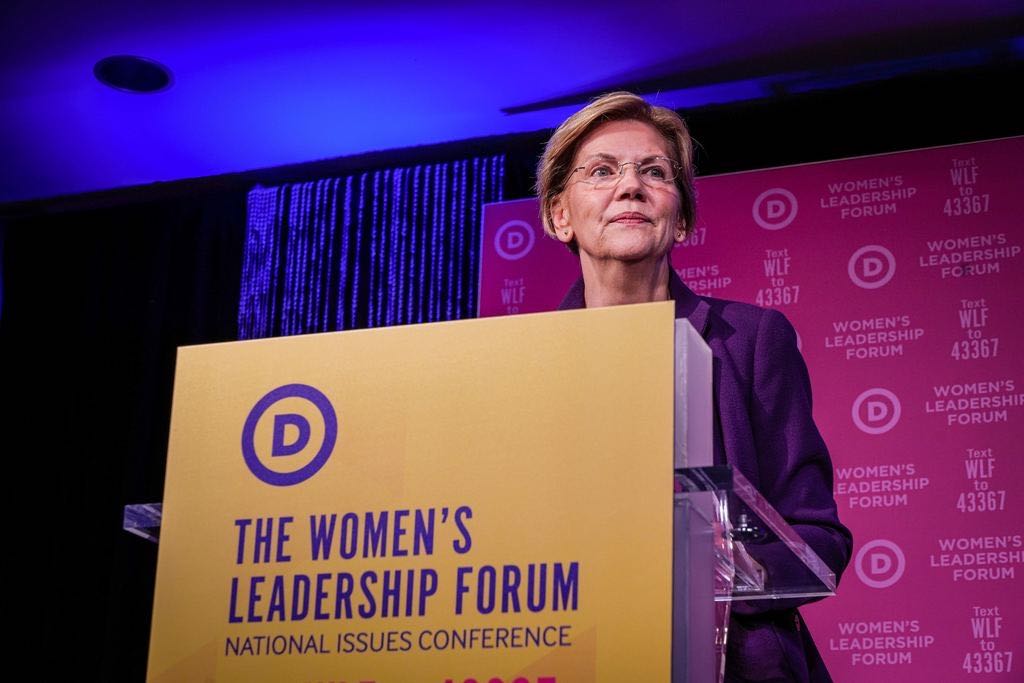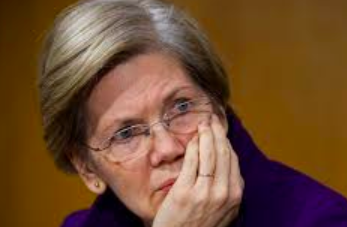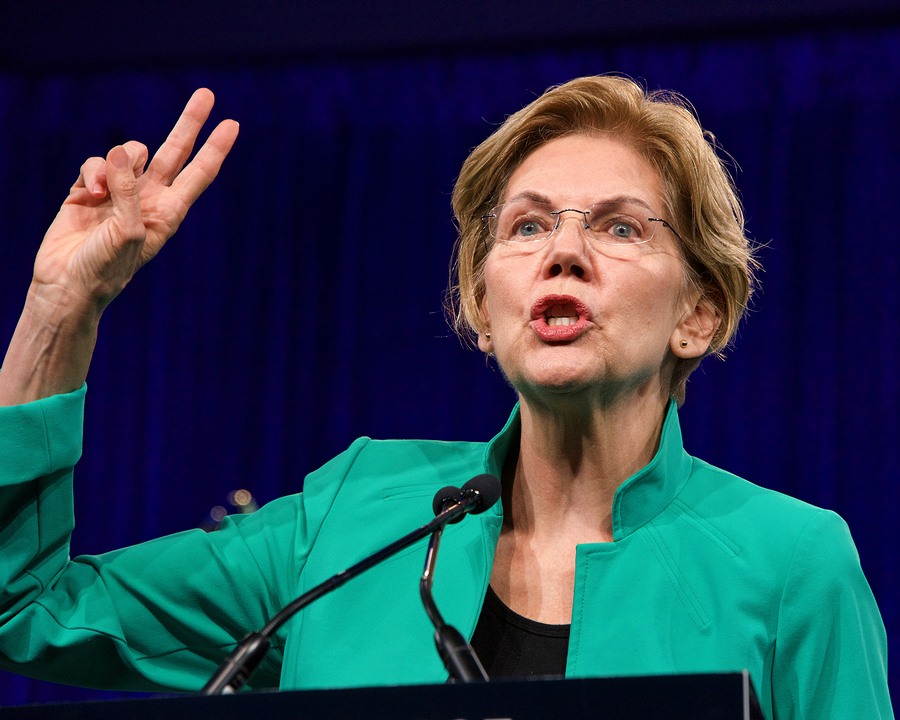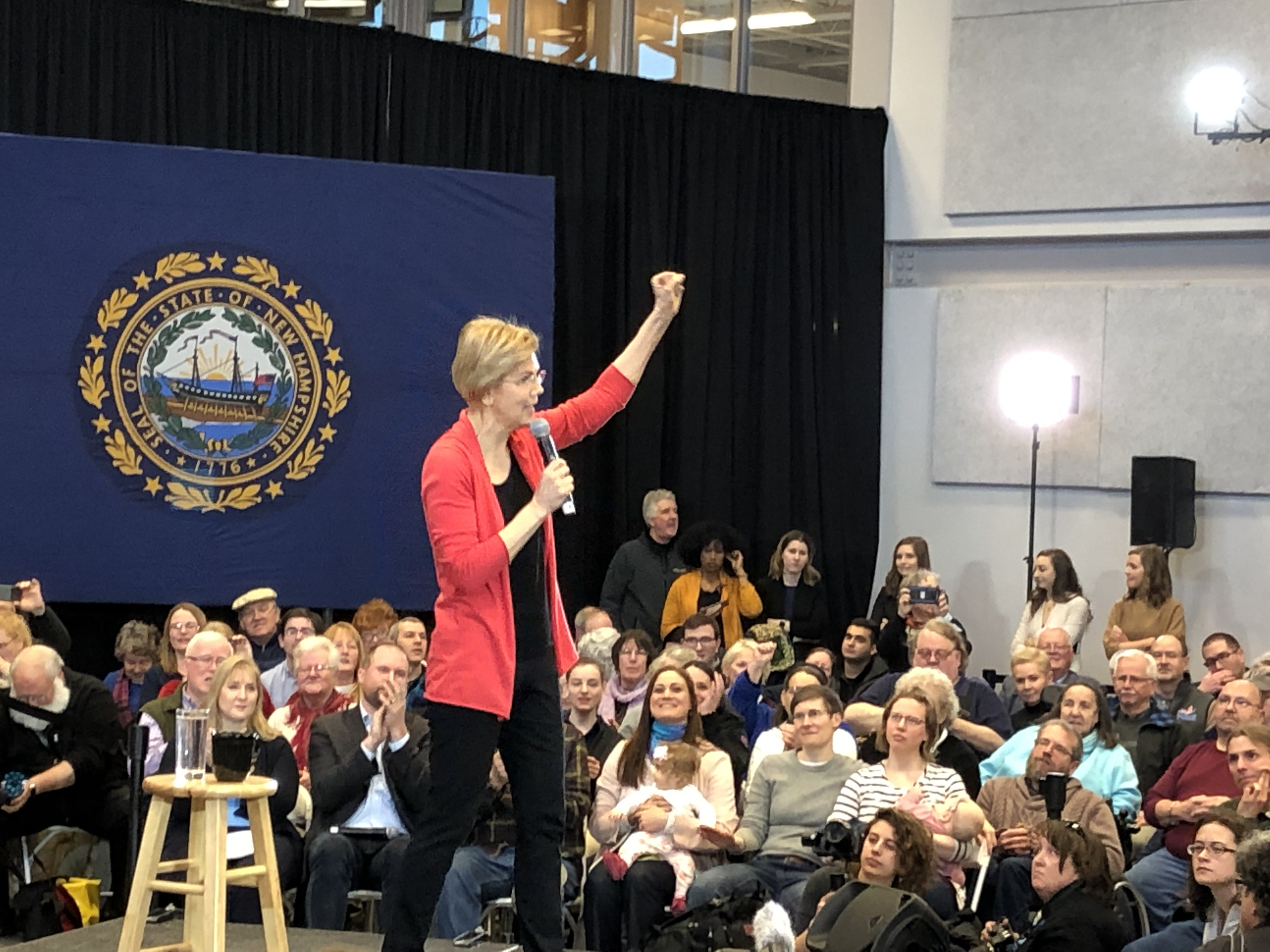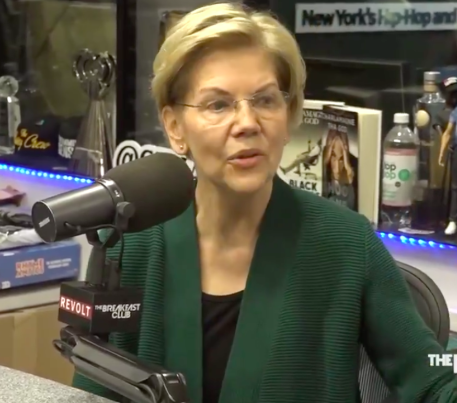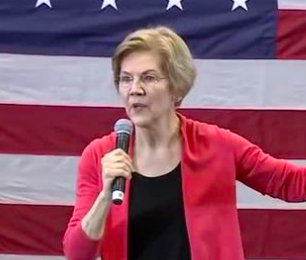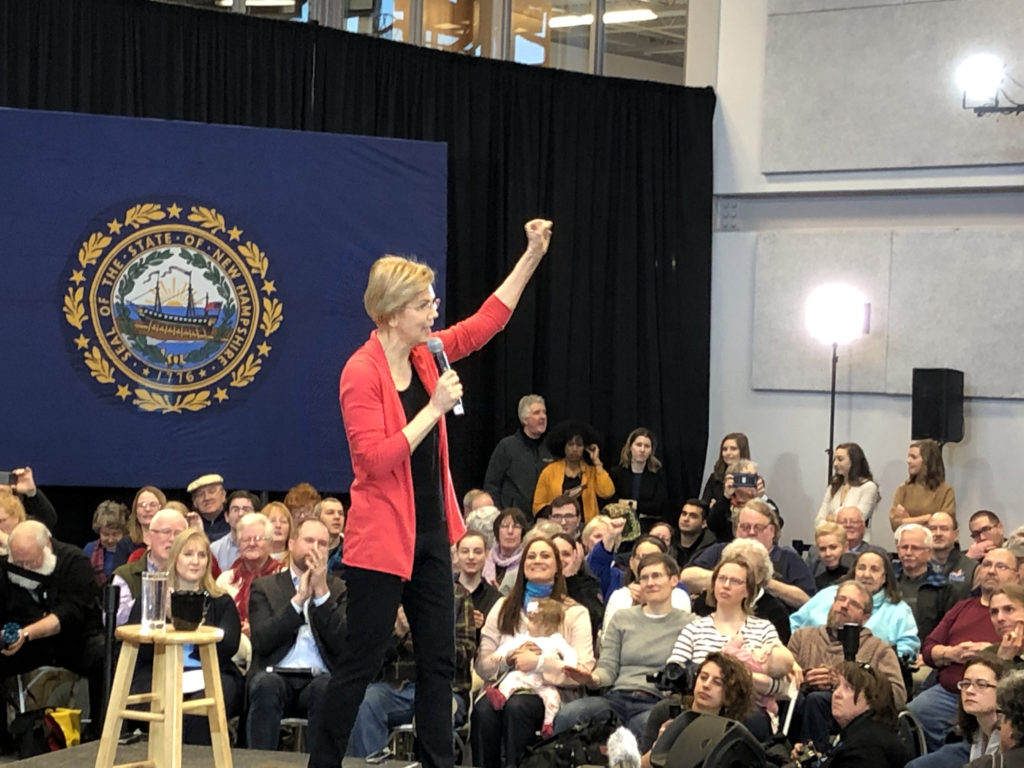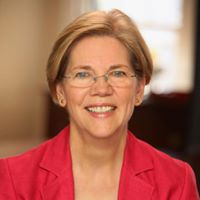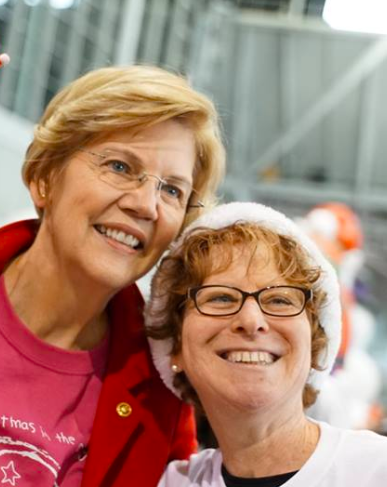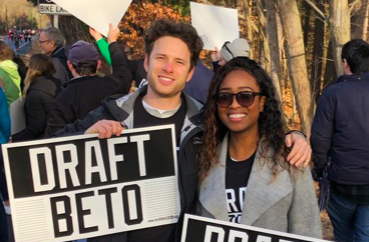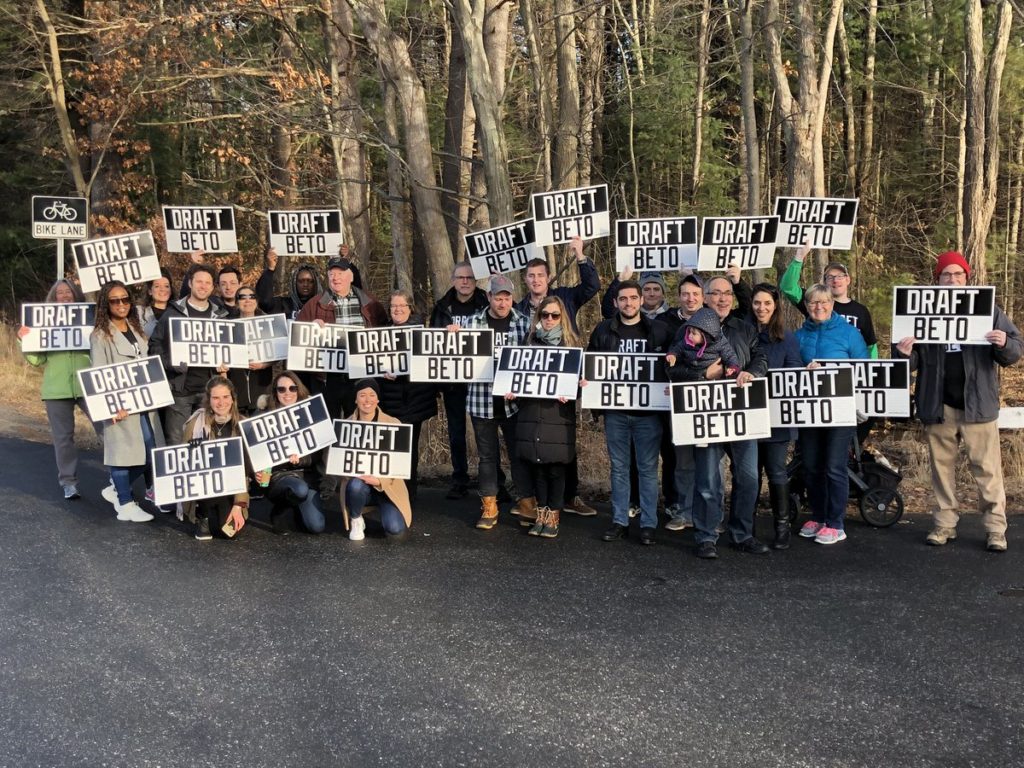Anti-Israel Activists Arrested in Merrimack Tied to Mass. Dems, Disney Channel
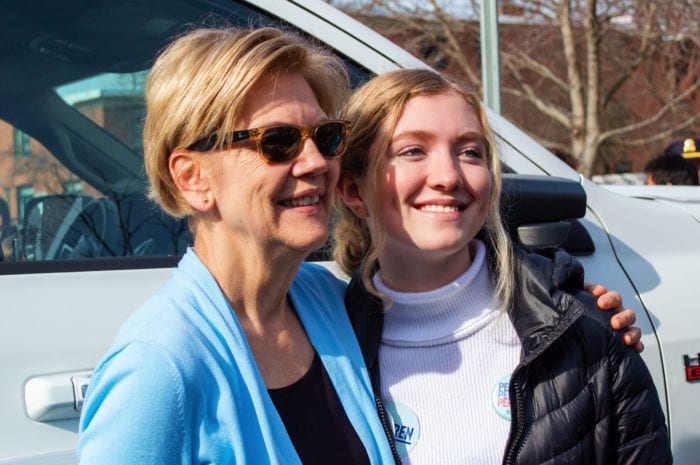
One of the three women charged in Monday’s antisemitic vandalism at Elbit Systems in Merrimack is a former teen celebrity who has been the subject of fawning press coverage for years. Another appeared on several Disney Channel TV shows.
Calla Walsh, 19, Bridget Shergalis, 27, and Sophie Ross, 22, are all charged with criminal trespass, riot, and sabotage after they were arrested Monday on the roof of the Elbit facility in Merrimack armed with spray paint and incendiary devices. Walsh and Ross were issued $20,000 cash bail due to previous arrests. Shergalis was given $5,000 bail.
Their stunt at Elbit’s Daniel Webster Highway location is part of a long-standing campaign by Palestine Action US. Elbit Systems of America’s parent company – Israel-based Elbit Systems – is the largest defense contractor for Israel. Palestine Action US says its mission is “dismantling Elbit Systems and the Zionist War Machine.”

Walsh may just be 19 years old, but she has an extensive history of Democratic activism and support for Palestinian violence toward Israel.
Walsh is active in the anti-Israel “Boycott/Divest/Sanction (BDS) movement, which many critics say is antisemitic due to its sole focus on the Jewish State. More problematic is Walsh’s involvement in the so-called “Boston Mapping Project,” which created an interactive map identifying places where Jews tended to congregate as well as the locations of Jewish community organizations in Massachusetts. The map included locations of Jewish daycares and schools.
According to the Anti-Defamation League, the Mapping Project identifies Jewish communal groups as “‘Boston’s Zionist NGO circuit” and accused not only of “supporting the colonization of Palestine” but also of “violence worldwide.”
The New York Times has described Walsh as “representative of an influential new force in Democratic politics,
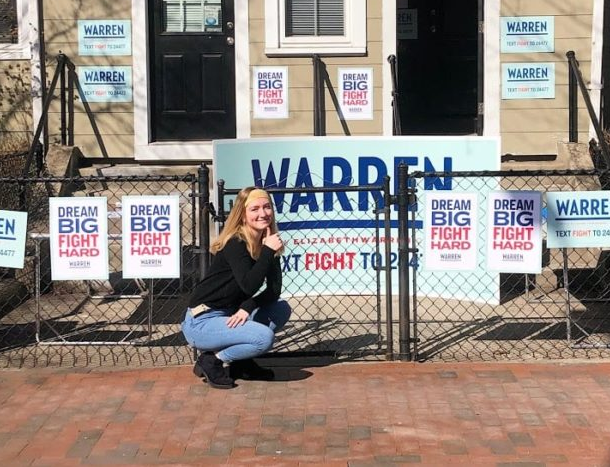
Calla Walsh
activists who cut their teeth on the presidential campaigns of Sens. Bernie Sanders and Elizabeth Warren.”
But U.S. Rep. Jake Auchincloss (D-Mass.) was no fan of her work on the Mapping Project.
“This is just chilling to me. It is tapping into millennia-old antisemitic tropes about nefarious Jewish wealth, control, conspiracy, media connections, and political string-pulling,” Auchincloss, who is Jewish, told the news site Jewish Insider at the time. “To name names and keep lists, which has a very sinister history in Judaism, in terms of how we are targeted, is very irresponsible. [The group] needs to take this down and apologize.”
Walsh is also the founder of Students for Markey, the army of young people who knocked on doors and worked the phones to get progressive Sen. Ed Markey past Joe Kennedy III in the 2020 Massachusetts Democratic Senate primary. Walsh became a semi-celebrity for her Markey activism.
“I just support whoever is the most progressive in the race … I definitely do tend to support the person who’s challenging the incumbent, but Ed, I think, is a special case just because he’s led on so many issues that matter to young people,” Walsh told Dig Boston at the time.
Walsh is credited for being a leader in the “Markeyverse,” the online army of hundreds of teens who used their social media accounts to campaign for the Massachusetts progressive.
Markey’s office did not respond to a request for comment, nor did representatives for Sen. Elizabeth Warren (D-Mass.) with whom Walsh campaigned.
Walsh never hid her feelings about Israel and her support for Palestinian violence while she was working on the campaigns of prominent Massachusetts Democrats.
“There is no ‘peaceful solution’ under military occupation. One can’t claim to want to see Palestine liberated if one doesn’t support Palestinians’ actually means of liberation,” Walsh tweeted last year.

Bridget Shergalis
Shergalis had been a working actress with television roles in teen shows like “So Random” on Disney, “See Dad Run” on Nickelodeon, and “Criminal Minds” on CBS. Her social media appears politics-free, and it isn’t clear when she became involved in the anti-Israel BDS movement.
Representatives with A3 Artists Agency in Los Angeles, which represents Shergalis, did not respond to a request for comment.
Ross, unlike Walsh and Shergalis, has a low profile and appears to not have public social media accounts.
Both Walsh and Ross were ordered held on $20,000 bail Tuesday. The pair had recently been arrested at an Elbit protest in Cambridge, Mass., and were out on bail when they were arrested Monday. Shergalis’ bail is set at $5,000.
Police were called to the Elbit facility around 8 a.m. Monday for reports of people blocking the entrance and smoke coming from the roof. According to a Merrimack Police Department press release, “Officers discovered the front of the building had been spray painted with red paint, windows had been smashed, and at least one of the main lobby doors had been locked shut via a bicycle anti-theft device.”
The three women reportedly lit “incendiary devices” and took them to the roof, where more damage was found.

